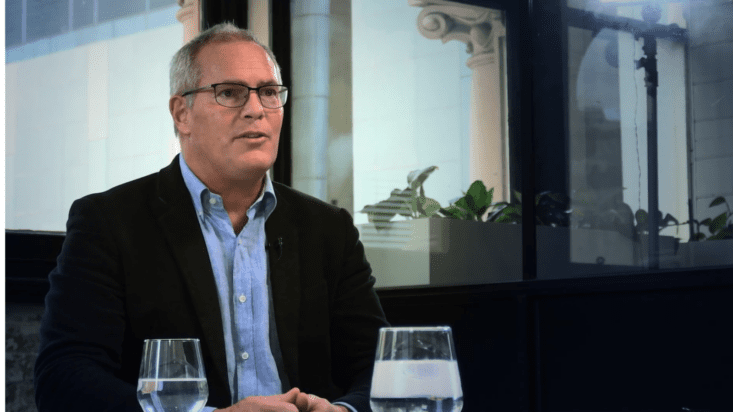The four ‘D’s of opportunity in healthcare investment
Healthcare – and the pharmaceutical industry that is a sub-sector of it – can be a very rich ground for investment.
It has aspects of the speculative – a successful drug can make for a very lucrative investment – and the defensive, in that healthcare offers the potential for consistent returns regardless of macroeconomic conditions.
But it is a very broad sector that needs specialist investment knowledge to navigate with any consistent success.
Melbourne-based specialist investment firm Horizon 3 is backing its knowledge – particularly that of its chief investment officer, Matt McNamara – to be one of those success stories. Horizon 3 is building a portfolio of healthcare investments that it expects to deliver an internal rate of return (IRR) of 20 per cent a year over a five-year timeframe.
A molecular biologist by academic background, before starting in the commercial business of healthcare, Matt then went into sales roles with Merck & Co. and Johnson & Johnson. He spent more than 11 years at these companies, during which he added an MBA in commercialisation to his resume, before moving over to the investment side of healthcare.
He “very quickly realised” that commercialisation was a very different story at those big pharma companies to what it was at most small biotechs. “In fact, in the latter, more often than not, the technology developers and the commercialisation experts are not even talking.”
Seeing too many early-stage biotechs battling through high-risk Phase 1 and Phase 2 trials, and trying to negotiate the capital “valley of death” in the meantime, McNamara began to formulate what has become his core investment philosophy.
“It’s all about leaving the 10x and 20x capital gains to others, and focusing on the 3x and 4x gains,” he says. “There are more of those latter situations, and they’re more predictable because a great deal of the risk has been taken out.”
Primarily, this philosophy revolves around backing later-stage companies that have runs on the board – typically, they have already achieved clinical validation and are generating revenue. And McNamara is only interested in companies that have a ‘novel’ proposition.
“We define ‘novel’ as having a new, patented approach to tackling a medical condition,” he says. “We’re not interested in better mousetraps – we do not invest in incremental improvements in a proven product. Moreover, we aim to invest only in things that can influence the US healthcare market in a ‘meaningful’ way, within three to four years.
This effectively means companies that have built a large body of clinical data, and achieved – or are very likely to achieve in the near future – approval from either the US Food & Drug Administration (FDA) or European Medicines Agency (EMA); meaning that they only have a couple of major milestones left to achieve before an exit opportunity arises.
Horizon 3 looks for opportunities across what it calls the ‘Four Ds – drugs, diagnostics, devices and digital health. “We’re agnostic as to the area of healthcare, as long as the investment fits the US market impact criterion,” says McNamara.
The company’s new fund, the Horizon 3 US Healthcare Trust (minimum investment $50,000), is seeking $80 million to invest in a concentrated, high-conviction portfolio of up to eight private companies that do so. A ‘soft close,’ at $30 million, is targeted for end-May. Ahead of this, the new fund has already begun investing, deploying capital into heart-function technology company Cardiac Dimensions, knee-replacement sensor technology company Canary, and LumiThera, whose technology is aimed at preventing blindness in the elderly.











